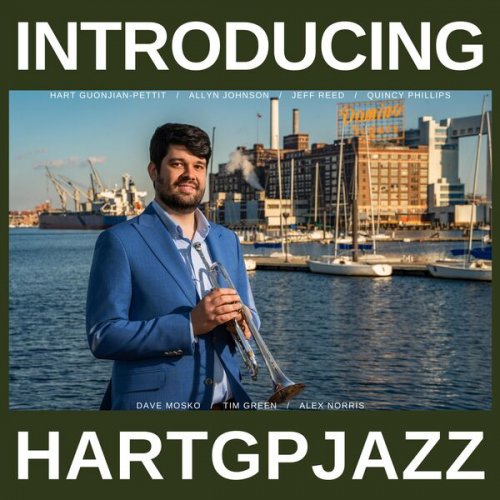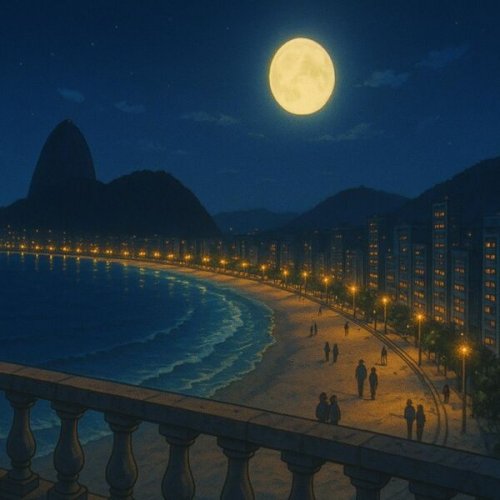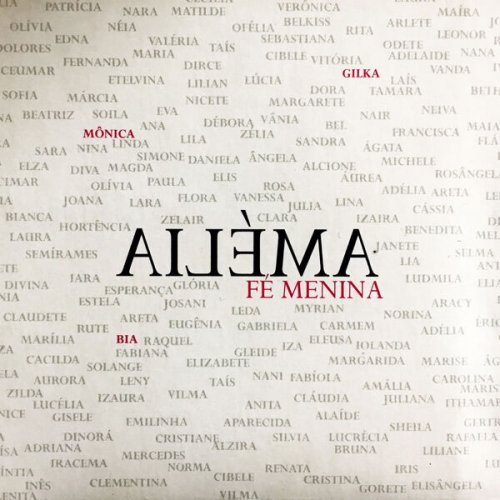Alexander Lonquich, Nikita Magaloff - Wolfang Amadeus Mozart & Franz Joseph Haydn (Remastered) (2023) [Hi-Res]
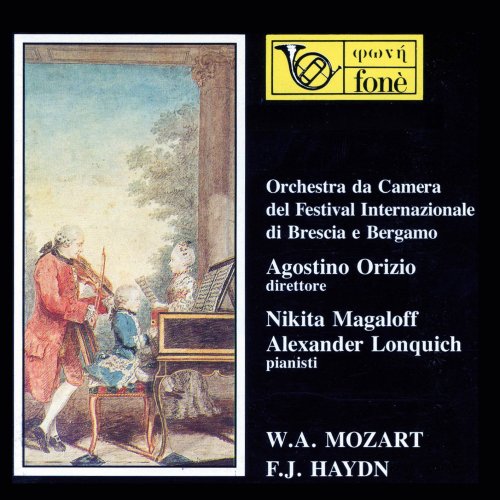
Artist: Alexander Lonquich, Nikita Magaloff
Title: Wolfang Amadeus Mozart & Franz Joseph Haydn (Remastered)
Year Of Release: 1989/2023
Label: fonè Records
Genre: Classical
Quality: flac lossless (tracks) / flac 24bits - 48.0kHz +Booklet
Total Time: 01:12:34
Total Size: 305 / 679 mb
WebSite: Album Preview
TracklistTitle: Wolfang Amadeus Mozart & Franz Joseph Haydn (Remastered)
Year Of Release: 1989/2023
Label: fonè Records
Genre: Classical
Quality: flac lossless (tracks) / flac 24bits - 48.0kHz +Booklet
Total Time: 01:12:34
Total Size: 305 / 679 mb
WebSite: Album Preview
01. Mozart Concerto in mi bemolle maggiore per due pianoforti e orchestra K 365 Allegro
02. Mozart Concerto in mi bemolle maggiore per due pianoforti e orchestra K 365 Andante
03. Mozart Concerto in mi bemolle maggiore per due pianoforti e orchestra K 365 Rondo. Allegro
04. Mozart Concerto in la maggiore per pianoforte e orchestra K 488 Allegro
05. Mozart Concerto in la maggiore per pianoforte e orchestra K 488 Andante
06. Mozart Concerto in la maggiore per pianoforte e orchestra K 488 Presto
07. Haydn Concerto in re maggiore per pianoforte orchestra Hob. XVIII n.11 Vivace
08. Haydn Concerto in re maggiore per pianoforte orchestra Hob. XVIII n.11 Un poco adagio
09. Haydn Concerto in re maggiore per pianoforte orchestra Hob. XVIII n.11 Rondo all’ungherese Allegro assai
Wolfgang Amadeus Mozart: In terms of the subtlety of many of the instrumental passages, the originality and perfection of form, and the intensity of its expressivity, the concerto in A major, written during the draught of “Figaro”, is one of the aristocrats among Mozart’s concertos, and is therefore set as a pinnacle of his creativity. The delicacy with which Mozart defines the character of the first movement from the outset, the painful solitude with which the wonderful Adagio is voiced, the return to life, with its inkling of nostalgic fun, of the Finale, kaleidoscopic in its tunes and rhythms, estranges this masterpiece from the genre of brilliant and mundane entertainment, and transforms it into a private space, a sphere wherein one could say that Mozart himself is colloquising with the music. Through this concerto we leamed, as in few other works, that if his music would seem to be extraneous to the motions of renouncement or romantic confession, it is not through a kind of sentimental modesty, but rather because in this music there lives an absolute identification between the words of subjectivity and musical language. ...
Franz Joseph Haydn: The patient and tenacious craftsman of the purest of musical structures as well as the authentic founder of that instrumental genre with which the extraordinary vatality of Viennese classicism is traditionally associated, Franz Joseph Haydn, was less attracted by the solo concerto than by other forms. Whereas his inexaustible creative faculties led, in full maturity and in accordance with a variety which remains above suspicion, to those wonderful fruits of the second half of the 18th century, the quartet and the symphony, the concerto had to await Mozart before its fundamental principals (already, it must be said at a superb level), were to reach the peak: of their development. It is sufficient to consider the mere thirty compositions of this kind (written, furthermore, for the most part during the early years of Haydn’s service to Prince Esterházy),and compare this scant number to the more significant other works which his untiring creative drive reserved for more favoured forms.
Alexander Lonquich, piano
Nikita Magaloff, piano
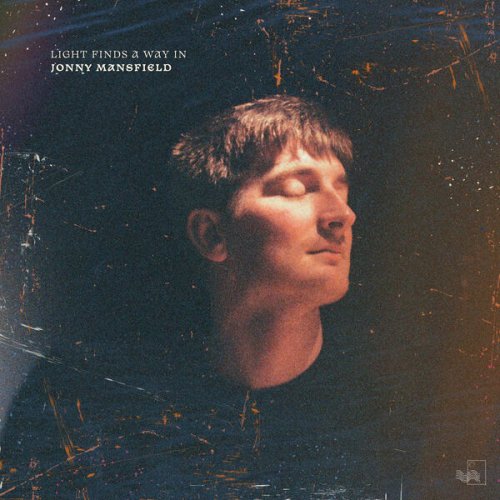
![Nectar Woode - Live at Village Underground (Live At Village Underground) (2025) [Hi-Res] Nectar Woode - Live at Village Underground (Live At Village Underground) (2025) [Hi-Res]](https://img.israbox.com/img/2025-12/15/eiazyx7yigt2lhbv1tcd3eos6.jpg)
![Coco Chatru Quartet - Lost Christmas (2025) [Hi-Res] Coco Chatru Quartet - Lost Christmas (2025) [Hi-Res]](https://www.dibpic.com/uploads/posts/2025-12/1765719561_coco-chatru-quartet-lost-christmas-2025.jpg)
![Dave Holland - Emerald Tears (1977/2025) [Hi-Res] Dave Holland - Emerald Tears (1977/2025) [Hi-Res]](https://www.dibpic.com/uploads/posts/2025-12/1765891427_cover.jpg)
![Rachel Kitchlew, SFJ - Flirty Ghost (2025) [Hi-Res] Rachel Kitchlew, SFJ - Flirty Ghost (2025) [Hi-Res]](https://www.dibpic.com/uploads/posts/2025-12/1765896408_qvf41hr1ljj8a_600.jpg)
![Betty Carter - The Music Never Stops (2019) [Hi-Res] Betty Carter - The Music Never Stops (2019) [Hi-Res]](https://www.dibpic.com/uploads/posts/2025-12/1765896843_bcmn500.jpg)
